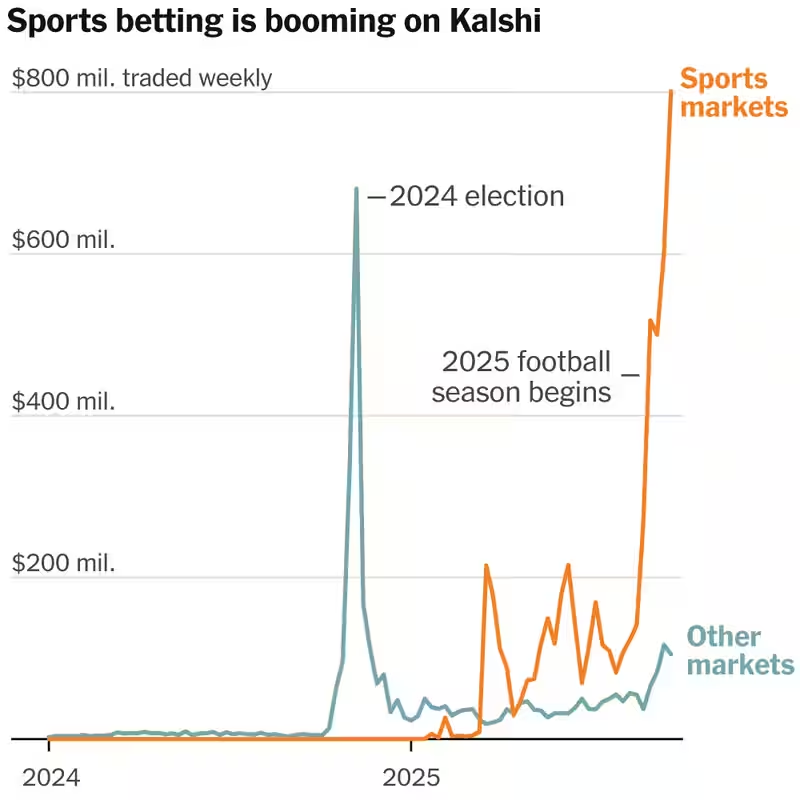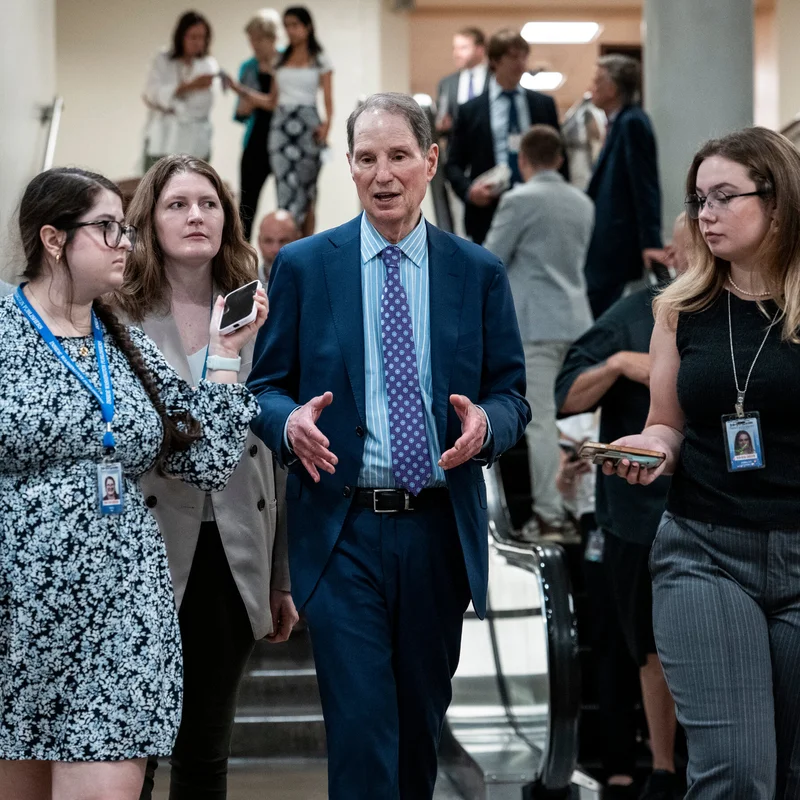Think sports betting is illegal where you live? Think again. A new wave of financial-tech platforms—dressed up as ‘prediction markets’—is quietly letting Americans wager on everything from NFL scores to March Madness brackets, all while sidestepping state gambling laws, taxes, and oversight.
Once known for letting users bet on election outcomes or Federal Reserve rate hikes, companies like Kalshi and Polymarket have pivoted hard into sports. And they’re doing it under a legal loophole that classifies their wagers not as gambling, but as regulated financial contracts.
How Prediction Markets Work
Unlike traditional sportsbooks, prediction markets don’t offer odds on teams. Instead, users buy and sell “contracts” tied to specific outcomes. For example: “Will the Lakers score over 105.5 points against the Warriors?” You buy ‘Yes’ shares if you think they will, ‘No’ if you don’t. The price fluctuates like a stock, and you cash out based on the final result.
Because these platforms are registered with the Commodity Futures Trading Commission (CFTC)—not state gaming commissions—they operate in a gray zone. That means they can legally accept users from states where sports betting remains banned, like Texas, Florida, and California.
Why Regulators Are Worried
State governments are losing out on millions in potential tax revenue. More concerning, consumer protections are minimal. There’s no age verification in some cases, no betting limits, and little recourse if something goes wrong.
“It’s gambling in everything but name,” said one state gaming official who asked not to be named. “They’ve just wrapped dice in a derivatives contract and called it innovation.”
The Billion-Dollar Loophole
The sports betting market in the U.S. is projected to hit $10 billion in annual handle by 2026. Prediction markets, while still small, are growing fast—fueled by crypto-savvy users and social media hype. And because they’re not required to pay state licensing fees or taxes, they can offer better payouts and lower fees than legal sportsbooks.
Lawmakers are starting to take notice. Bipartisan bills in Congress aim to clarify whether these markets fall under gambling or financial regulation—but for now, the loophole remains wide open.




